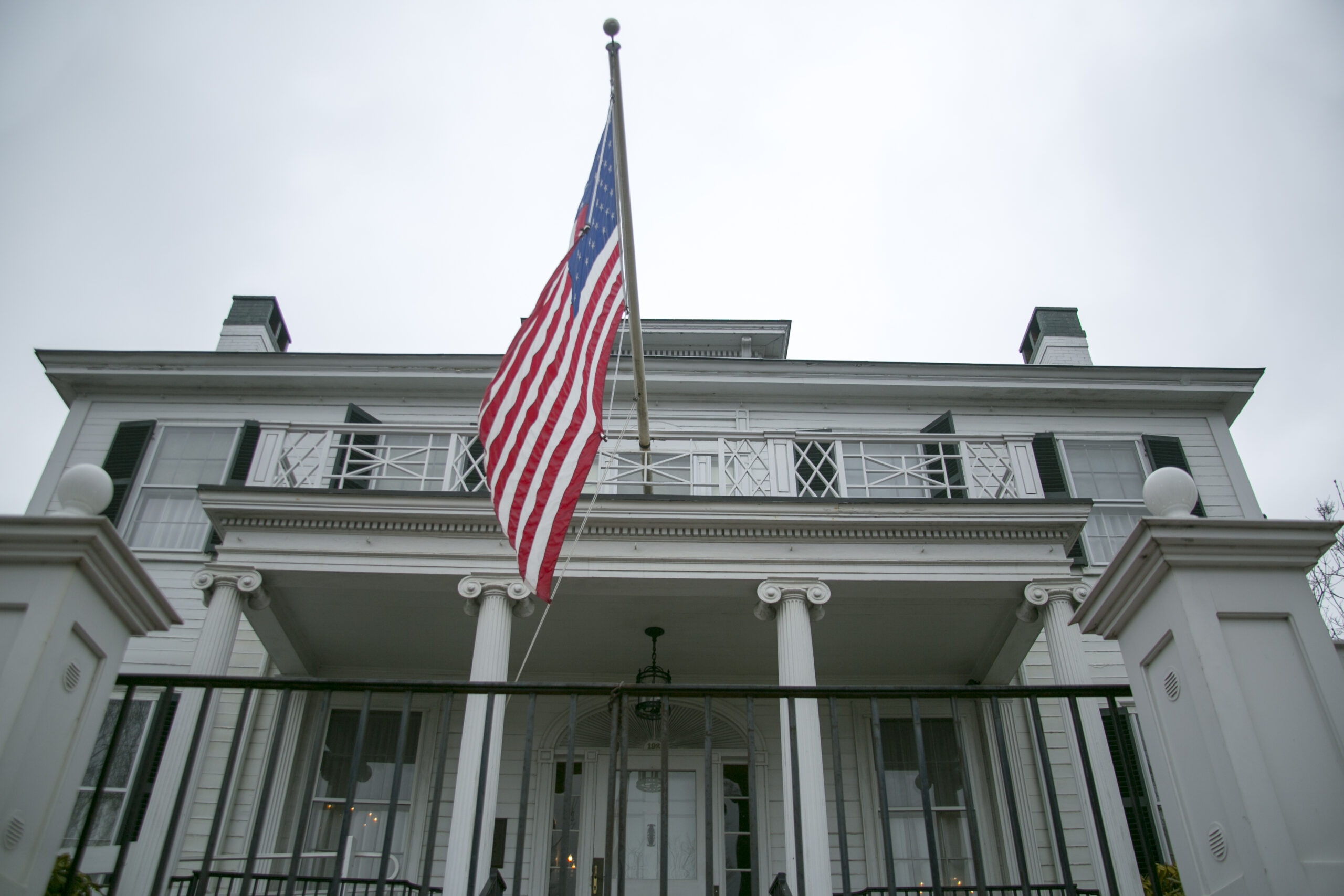Good morning from Augusta, where the primary election candidates for governor have taken firm stands on the concept of taxing upper earners to pay for a universal home care system for all Mainers, regardless of their income.
If you haven’t heard about the proposal, you might not be alone. A coalition led the Maine People’s Alliance collected enough signatures last year to put the question on this November’s ballot, but with the bustling end of the legislative session and attention increasing on the June 12 primary, the ballot for November seems dim and distant.
However, not everyone is on board with the referendum, not by a long shot. Lobbyists at the State House are starting to quietly discuss problems with the referendum, and there is relatively widespread opposition to the concept of establishing an income figure to label certain Mainers as “wealthy” and therefore subject to a higher tax rate. In this case, the referendum proposes a total of 3.9 percent in payroll taxes on income above $127,200 — half paid by employers and half from employees.
It promises to be an intense debate leading up to November and likely an all-out battle next year with a new Legislature and new governor if the initiative is successful. This time, opponents may be even more emboldened following last year’s repeal of a 3 percent tax on income above $200,000 — which was also a citizen initiative spearheaded by the Maine People’s Alliance — for public schools.
In a separate item published this morning, we showed you how the seven Democrats running for governor responded to a short list of questions on the topic. All of them said they support universal home health care in conceptbut there were variations on the funding mechanism. Adam Cote, for example, said he would prefer the system to be paid for in the state budget and Janet Mills said she is still examining the intricacies of the proposed law.
We surveyed the Republican candidates, too, and — as expected — they are universally against the proposal. Former Health and Human Services Commissioner Mary Mayhew, for example, called it a “ploy” to gouge upper earners. House Minority Leader Ken Fredette called it “some of the worst public policy we have ever seen,” and Senate Majority Leader Garrett Mason said the initiative is “essentially playing Robin Hood with tax dollars.” Gorham businessman Shawn Moody said the taxes “would be devastating to Maine’s small businesses.”
More broadly, we also asked the candidates about their overall plans when it comes to taxation. In general, the Democrats favored various ways to increase tax revenues and shift the burden away from low-income Mainers and the middle class, while the Republicans said they would lower taxes. Fredette, Mason and Mayhew said they would propose to zero out Maine’s income tax completely while Moody took a softer stance centered on finding new efficiencies in state government as a means of further reducing the income and property taxes.
All things election will build to a deafening roar over the next few months but it’s not just about the candidates. The home care referendum will be a flashpoint for sure, and for many Mainers headed to the polls in November, it will be unfamiliar. Democrats in the House blocked the proposal from going through the Legislature’s committee process — which in turn avoided a formal public vetting of the proposal and by extension, any votes that would nail down anyone’s positions on the issue in an election year. The partisan split on the issue is predictable, stark and illuminating when it comes to what ideology any of the gubernatorial candidates would bring to the Blaine House.
The County is pleased to feature content from our sister company, Bangor Daily News. To read the rest of “Maine’s partisan rift over tax policy will again play out at the ballot box,” an article by contributing Bangor Daily News staff writer Christopher Cousins, please follow this link to the BDN online.








